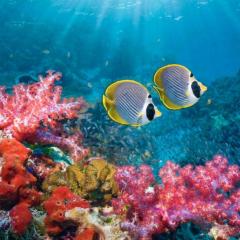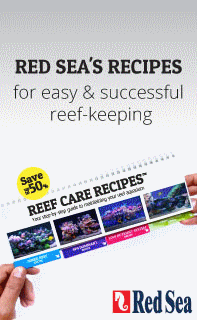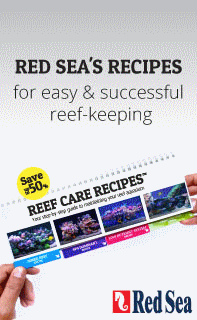-
Topics
-
Latest Update
-
0
-
0
WTS Equipments
Hi all would like to sell some equipment as planning to upgrade tank. I believe that the equipment selling would be preferred for nano tank (20G or less) others can help to advise too if I'm wrong. 1. Aquanest Aquamini 5 Spectrum Led at $80 (Brand New and Unused, bought previously at $89) 2. Sicce Syncra Silent 0.5 Pump 700 LPH at $38 (Used for about 1 month but upgraded, bought previously at $48) Take both at $100. Self collection at 689575. Thanks for looking and have a great week. Sent from my SM-S906E using Tapatalk -
1
WTS/T Radioactive BN
Green with white polyps Monti - $20 Sent from my iPhone using Tapatalk -
19
-
0
WTS Livestock
Hi all would like to clear some livestock as planning to upgrade tank. Corals: 1. Lumi Green Japanese Toadstool Coral at $60 2. Neon Green Kenya Tree at $50 (about 4 stems with many heads) Take both at $100. Fishes and Inverts 1x Yellow Wrasse $10 (stable and able to eat from hand) 1x blue tuxedo Urchin $8 Take both for $15. Take all for $110. Self collection at 689575. Thanks for looking and have a great week! Sent from my SM-S906E using Tapatalk
-







Recommended Posts
Join the conversation
You can post now and register later. If you have an account, sign in now to post with your account.